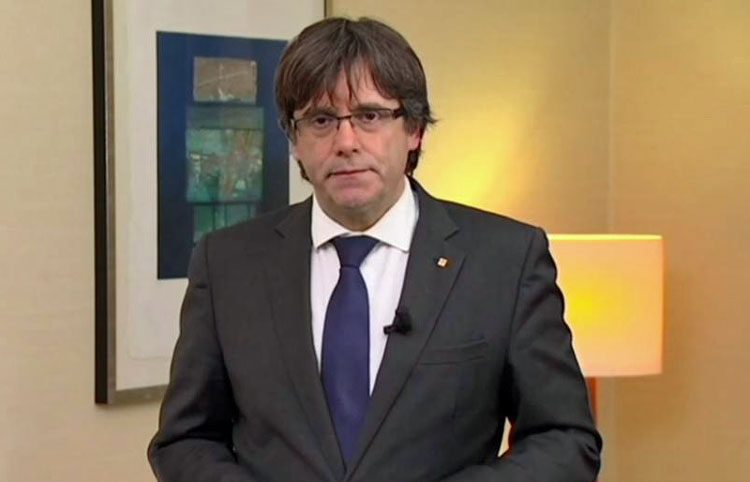The Diplomat
The search for alternative penal frameworks to prison for minor offenses and the fight against gender violence in the field of drugs were two of the main challenges in 2022 of Copolad, a cooperation program between the European Union and Latin American and Caribbean countries in the fight against drugs led by the International and Ibero-American Foundation for Public Administration and Policies (FIIAPP).
The COPOLAD program, which has been supporting dialogue and cooperation between the European Union and Latin American and Caribbean countries on drug policies for a decade now, is led by FIIAPP, a public entity linked to the Spanish Cooperation, in consortium with the International Italo-Latin American Organization (IILA) and in coordination with the German Development Cooperation Agency (GIZ) and the European Monitoring Centre for Drugs and Drug Addiction (EMCDDA).
The program’s steering committee, which brings together funders and partners, met this week in Brussels to take stock of Copolad’s main impacts in 2022, with a special focus on boosting human rights and gender equity in drug policies in Latin America and the Caribbean.
Throughout the year, Copolad worked, among other objectives, to respond to the main challenges of drug policies related to the effectiveness and proportion of criminal responses. In this regard, on December 20, the program launched a working group to address improving the proportionality of criminal drug law and the development of alternatives to arrest or incarceration for minor offenses, in order to avoid prison saturation and the social impact of incarceration.
The activities of the working group included webinars for the exchange of best practices among Latin American, Caribbean and European countries, support for the development of alternatives to arrest or incarceration in interested countries, national laboratories for the design of innovative proposals and scholarships to promote exchange and learning with other countries.
Another line of work in 2022 was the attention to the most vulnerable people (both from the point of view of drug use and the illegal drug market) and support for policies and good practices related to the economic inclusion of people linked to drug markets. In addition, the program supported a comprehensive debate on drugs, betting on the reinforcement of the principles of the European Strategy, which include the strengthening of equality, respect for human dignity, democracy or human rights, among others. In this sense, another of the references in 2022 was gender equity, based on the fact that 80% of women who use drugs have suffered violence.
Throughout 2022, the program participated in various high-level meetings on drugs, carried out missions to Argentina, Paraguay, Ecuador, Peru, Colombia, Ecuador, Mexico, Honduras and Chile and made a study trip to the Amazon with 14 delegations from Latin America to learn about best practices on alternative crops to coca. Looking ahead to 2023, the Copolad program will try to take advantage of the Spanish Presidency of the Council of the EU, in the second half of 2023, to strengthen ties with the Latin American and Caribbean region and address the new regional debates on drug policies and their effectiveness.







